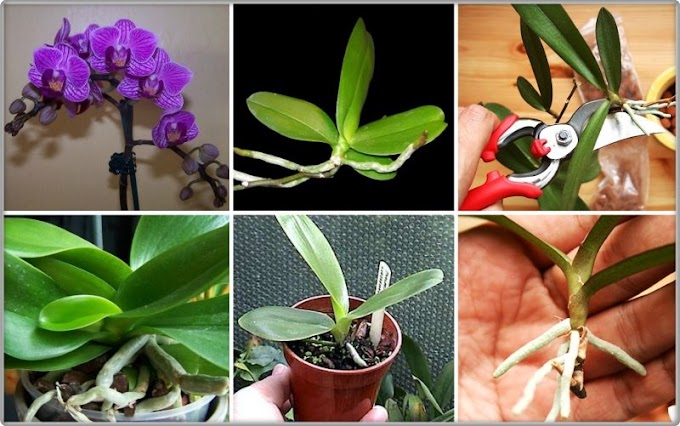Echeveria are some of the easiest succulents to grow, and the Perle von Nurnberg plant is one of the prettiest examples of the group. You won’t miss flowers when you grow Echeveria ‘Perle von Nurnberg.’
The soft lilac and pearlescent tones of the rosettes areas sweet as roses and will beautify a rockery, container garden or pathway.Read further for some comprehensive Perle von Nurnberg info. The leaves are fleshy, rounded, pointed and overlap in a solitary rosette up to 8 inches (20 cm) in diameter. It is a very popular hybrid succulent of Echeveria gibbiflora ‘Metallica’ and Echeveria elegans (formerly E. potosina).
The hybrid was created by Richard Gassner in Germany during the 1930s.
Scientific Name: Echeveria 'Perle von Nürnberg'
Synonyms:
Echeveria 'Pearl of Nurnberg', Echeveria 'Perle von Nurnberg', Echeveria 'Perle van Nurenberg', Echeveria 'Perle von Nurenberg', Echeveria 'Duchess of Nuremberg', Echeveria 'Gloire de Nurenberg'
Family: Crassulaceae
Subfamily: Sedoideae
Tribe: Sedeae
Subtribe: Sedinae
Genus: Echeveria
How to Grow and Care
Echeveria ‘Perle von Nurnberg’ is very easily propagated, making it a favorite of succulent collectors. It be propagated from leaves, cuttings, or beheading.
Leaves:
When taking a leaf for propagation, gently twist the leaf from the stem. Be sure that the leaf you get is a “clean pull,” where no part of the leaf is left on the stem. This will give you a better chance of a successful propagation.
Cuttings:
To grow PVN from cuttings, use a sterile, sharp knife or pair of scissors. Remove a leaf from the main plant, and allow it to callous for several days before placing on well-draining soil. Water whenever the soil has dried out completely.
- Learn more at TIPS: HOW TO GROW AND CARE Echeveria
Links:
Back to the Genus ECHEVERIA
SUCCULENT PLANTS Browse succulents by Scientific Name, Common Name, Genus, Family, USDA Hardiness Zone, Origin, or cacti by Genus
The soft lilac and pearlescent tones of the rosettes areas sweet as roses and will beautify a rockery, container garden or pathway.Read further for some comprehensive Perle von Nurnberg info. The leaves are fleshy, rounded, pointed and overlap in a solitary rosette up to 8 inches (20 cm) in diameter. It is a very popular hybrid succulent of Echeveria gibbiflora ‘Metallica’ and Echeveria elegans (formerly E. potosina).
The hybrid was created by Richard Gassner in Germany during the 1930s.
Scientific Name: Echeveria 'Perle von Nürnberg'
Synonyms:
Echeveria 'Pearl of Nurnberg', Echeveria 'Perle von Nurnberg', Echeveria 'Perle van Nurenberg', Echeveria 'Perle von Nurenberg', Echeveria 'Duchess of Nuremberg', Echeveria 'Gloire de Nurenberg'
Family: Crassulaceae
Subfamily: Sedoideae
Tribe: Sedeae
Subtribe: Sedinae
Genus: Echeveria
How to Grow and Care
Echeveria ‘Perle von Nurnberg’ is very easily propagated, making it a favorite of succulent collectors. It be propagated from leaves, cuttings, or beheading.
Leaves:
When taking a leaf for propagation, gently twist the leaf from the stem. Be sure that the leaf you get is a “clean pull,” where no part of the leaf is left on the stem. This will give you a better chance of a successful propagation.
Cuttings:
To grow PVN from cuttings, use a sterile, sharp knife or pair of scissors. Remove a leaf from the main plant, and allow it to callous for several days before placing on well-draining soil. Water whenever the soil has dried out completely.
- Learn more at TIPS: HOW TO GROW AND CARE Echeveria
Links:
Back to the Genus ECHEVERIA
SUCCULENT PLANTS Browse succulents by Scientific Name, Common Name, Genus, Family, USDA Hardiness Zone, Origin, or cacti by Genus




